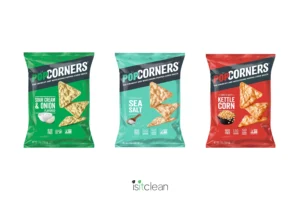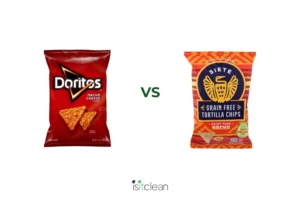
Acesulfame potassium is a zero-calorie sweetener that is added to many sugar-free…



Disodium phosphate, also known as sodium phosphate dibasic, is a chemical compound commonly used in food, pharmaceutical, and industrial applications. It is a white, crystalline powder that is highly soluble in water. Disodium phosphate is produced for commercial use through a synthetic process that involves the reaction of phosphoric acid with sodium hydroxide. The resulting compound is disodium phosphate, which is then purified, dried, and milled to obtain the desired form for commercial applications. In the food industry, disodium phosphate is primarily used as an acidity regulator, emulsifier, and sequestrant. It is commonly found in baked goods, cereals, dairy products, and processed meats.

While disodium phosphate is not a compound that is naturally occurring in nature, it is derived from a simple reaction between naturally occurring minerals. There is no data suggesting that it is harmful, yet there is limited research. Added dietary phosphates may pose a risk for people with various health conditions in which dietary phosphate intake needs to be monitored.
Health is like a bank account, certain ingredients make a deposit into your health bank, meaning they add to
your health. Certain ingredients withdraw from your health bank. We want health promoting ingredients in our diet. To keep things simple, we rate ingredients on a green, yellow, red scale:

It is naturally occurring in food and has no harmful effects on the body. It is real food. It is health promoting.

It goes into one or more of the below categories

It is known to have a harmful effect on the body (ex. All food colorings, Natural Flavors, MSG, Potassium bromate, aspartame, artificial flavors)



The Food Showdown: Popcorners flavors
Ingredient Rating: Canola oil – is it bad for you?
Clean Consuming: Nourishment for your

We have accomplished so much in just 1 year since our launch in March of 2023! We now have 10,000

The Nacho Chip Food Showdown, is Tapioca Starch safe in food? and a must-see documentary on America’s food system.
Stay in the know with the latest ratings, articles, and our newsletter, The Dirt.